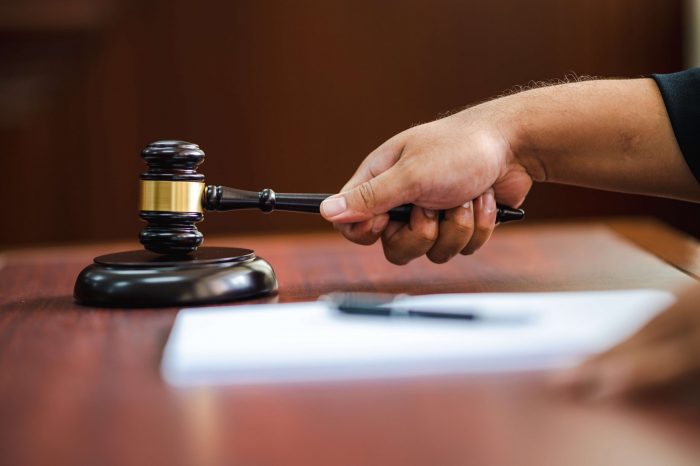Contacting the police, even under the best of circumstances, can be a stressful experience, and if a person has negative associations with law enforcement, a greater reluctance to reach out may exist. Minorities may especially have reason to hold back on contacting law enforcement given the greater scrutiny they receive from police, and the fact they represent the majority of those incarcerated.
Having a criminal defense attorney present during interactions with police could alleviate some of the concern, but that option is not always practical. Consequently, even when it might seem rational to call for police assistance, fears that officers will assume the caller is involved with a crime can cause a person to do nothing.
A recent news story reported across the country about a group of teenagers who watched a man drown without intervening or calling for help raises the question of when a person is required to act. If, for instance, a crime is being committed, is a bystander or witness required to call law enforcement, and if he/she does not, is this failure to act a crime on its own?
A discussion of whether it is a crime to not report criminal activity, and what is considered aiding in the commission of a crime in California, will follow below.

Is it Illegal to Not Report a Crime?
In order to protect children from violence, California imposes a limited duty to report acts of murder or rape against a minor aged 14 years or younger to law enforcement officials. Failure to report such a crime is a misdemeanor punishable by up to six months in county jail, a fine of up to $1,500, or both.
However, this duty does not apply to:
- a person related to the victim, including parents, siblings, child or spouse;
- situations where the failure to report was due to a mistake of fact, i.e., did not realize he/she was witnessing a crime; and
- circumstances in which the failure to report was due to reasonable fears for one’s own safety or family’s safety.
Additionally, notifications or attempts to notify via telephone are enough to satisfy the requirement. So, even if the attempt failed, that is enough to meet the requirements of the law and can be used as a defense if charged with failing to report.
What do Aiding and Abetting Mean in Legal Terms?
To be charged with aiding and abetting a crime, a person has to do more than just witness a criminal act. He/she must be involved in facilitating, encouraging, or committing the crime. A person accused of such acts faces the same penalties as the individual prosecutors believe performed the crime, but it is not an offense in and of itself.
Rather, the law gives prosecutors the right to charge anyone they believe was involved with a crime, but did not participate in the commission of the crime itself. Common examples of aiding and abetting include harboring someone suspected of a crime or serving as a lookout or getaway driver. Just knowing about or being present during a crime is not enough. There must be some evidence of voluntary involvement.

Specifically, a prosecutor must show the defendant:
- knew about the illegal plan;
- intentionally encouraged or facilitated the plan; and
- aided, promoted or instigated the crime.
Examples of common defenses to this charge include:
- the defendant did not encourage, aid, or facilitate the crime;
- the defendant was falsely accused;
- the defendant withdrew from the crime; or
- the defendant knew about the crime or was present at the scene, but did not have a duty to prevent or report it.
Contact Manshoory Law Today If You Are Arrested For Failing To Report A Crime
Being accused of a crime is one of the worst situations you can face, and to give yourself the best chance of having the charges dismissed or reduced, you need an experienced criminal defense attorney by your side.
Los Angeles’ Manshoory Law Group, APC understands how overwhelming this situation is, and handles criminal defense for both minor and serious crimes. Attorneys are available 24/7 to take your call, and advise you on your options. Contact us for a free consultation.
- Difference Between 1st, 2nd, and 3rd-Degree Murders? - March 7, 2024
- How Dating Apps Can Lead to Tinder Rape Charges - January 15, 2024
- Can You Refuse a DUI Test? - December 15, 2023
